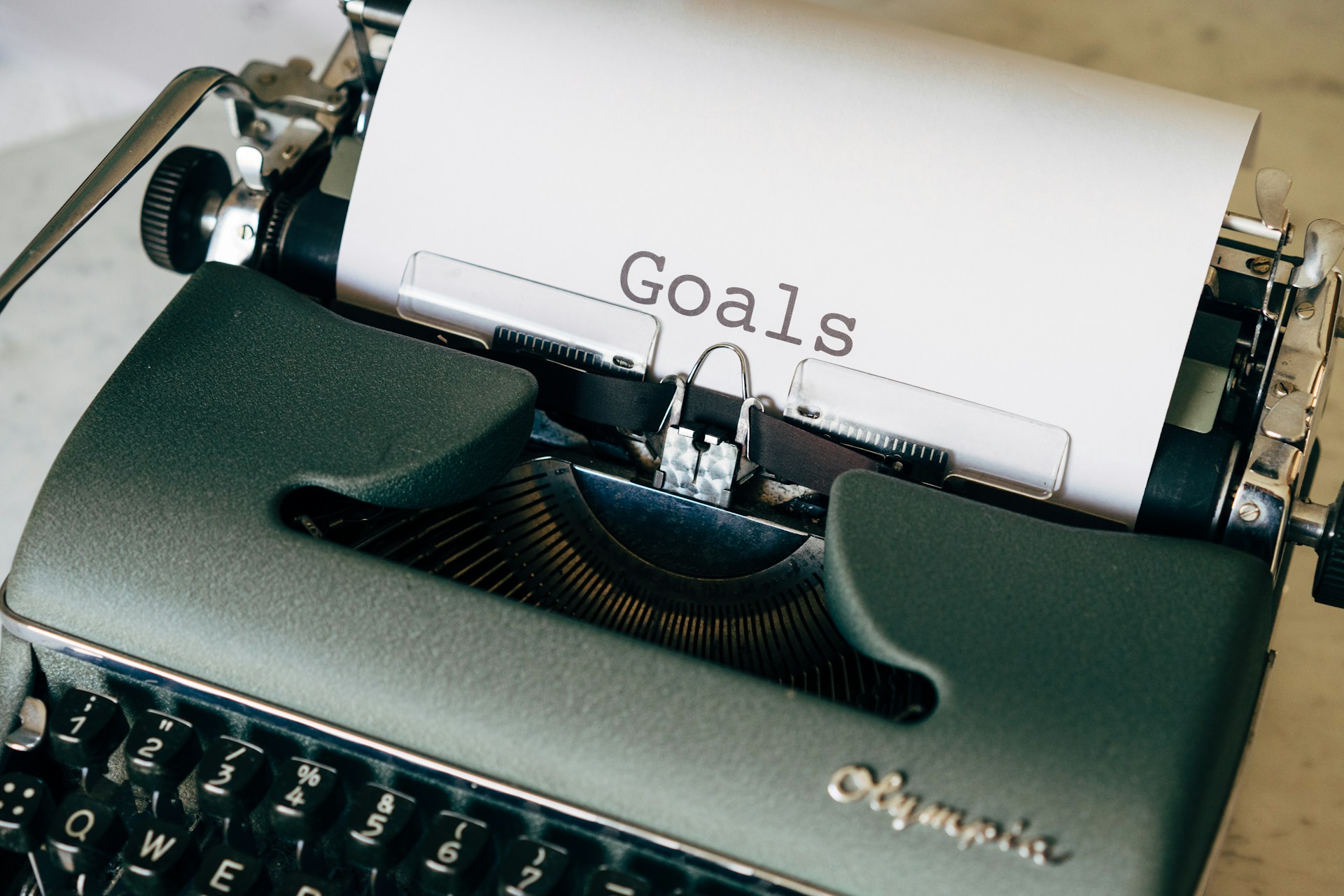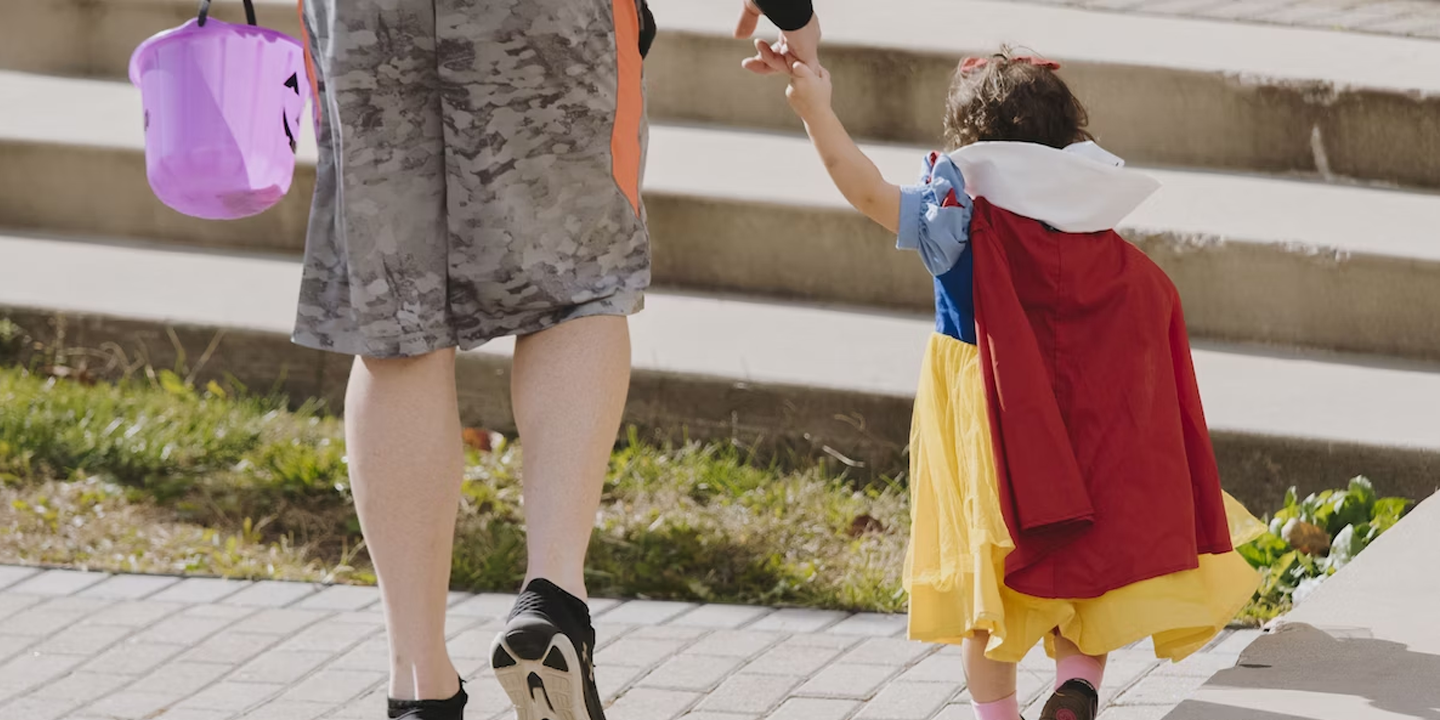Do you think you're a bit socially awkward? It can be difficult to learn how to talk to people, especially strangers. What's okay to say and what's not? But don't worry, this is a struggle many people face. Besides, being socially awkward isn't a crime! Many people feel the same, so to help you get an idea of what you might need to improve on, here are 10 signs you're a bit socially awkward, and 10 tips to help you improve.
1. Difficulty in Starting Conversations
Do you feel like you never know what to say when interacting with someone? Do you talk about the weather? Do you ask about work? For socially awkward people, the struggle comes from feeling anxious about knowing what's right to say or how to approach someone in a pleasant manner.
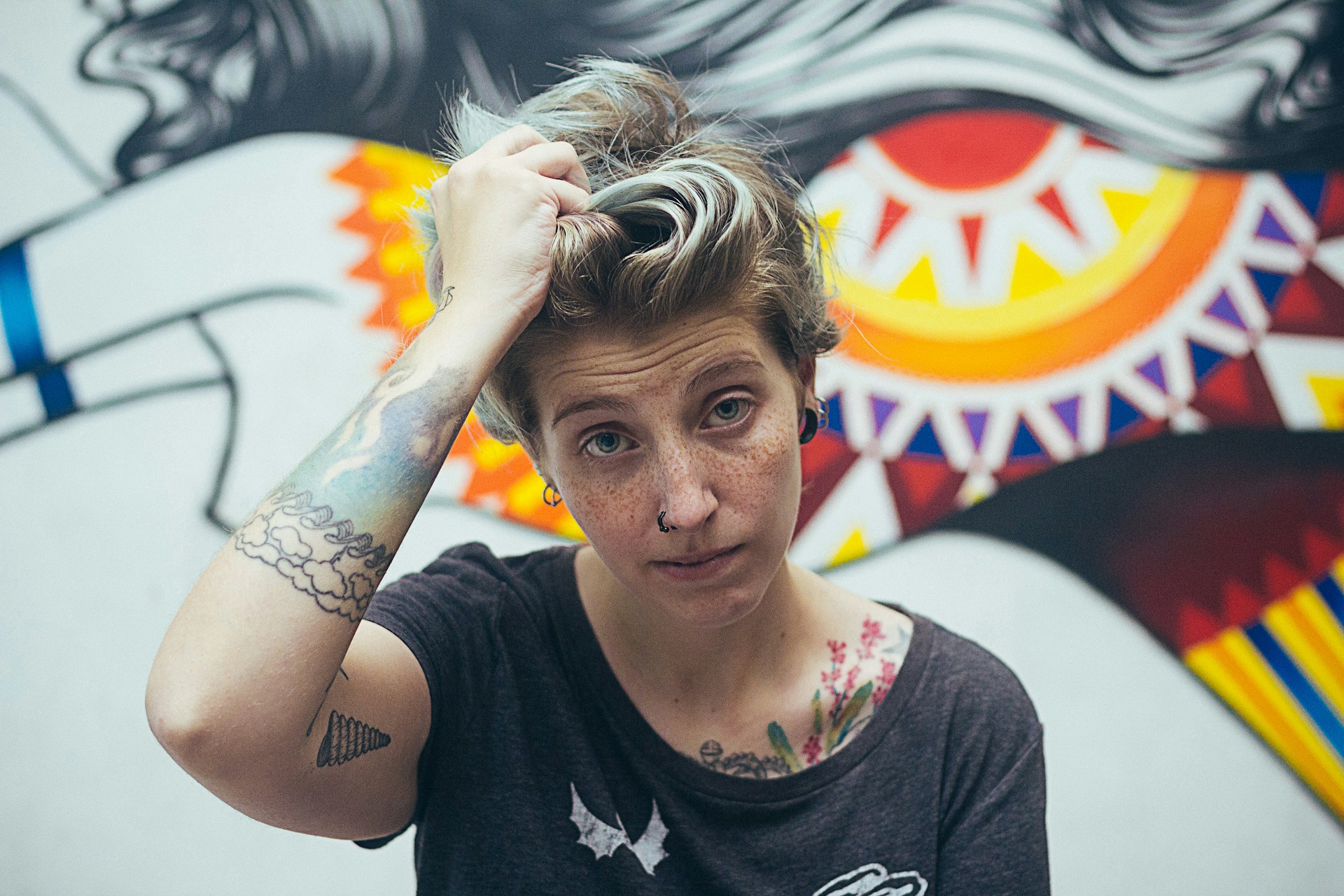 Photo by Lucaxx Freire on Unsplash
Photo by Lucaxx Freire on Unsplash
2. Overthinking Social Interactions
For most awkward individuals, they tend to be too harsh on themselves and overanalyze both their own behaviour and others' responses. They treat interactions like they're supposed to be scripted, so when someone goes outside of the usual response, they second-guess themselves.
 Photo by Daniele La Rosa Messina on Unsplash
Photo by Daniele La Rosa Messina on Unsplash
3. Avoiding Eye Contact
You might find that when you're talking to someone who's a bit socially awkward, they tend to make zero eye contact or look away frequently. For them, it's a challenge and they don't know where they can look comfortably.
 Photo by Ismail Hadine on Unsplash
Photo by Ismail Hadine on Unsplash
4. Frequent Misunderstandings
From misinterpreting social cues to misunderstanding jokes, it's just more difficult for socially awkward people to always get the vibe right away. Conversations can often lead to a lot of confusion for them.
 Photo by Siora Photography on Unsplash
Photo by Siora Photography on Unsplash
5. Uncomfortable with Group Settings
While one-on-ones are already hard enough, being in a group is 10x harder. In fact, it might be a little too overwhelming! With multiple people around, the dynamic is completely different and can be a lot harder for socially awkward people to navigate.
 Photo by Priscilla Du Preez 🇨🇦 on Unsplash
Photo by Priscilla Du Preez 🇨🇦 on Unsplash
6. Speaking at Inappropriate Times
When socially awkward people interrupt you, it's important to know that they really don't mean it. They just miss the cues regarding when it's socially acceptable for it to be your turn to speak.
7. Lack of Filter
When you're already struggling so much trying to figure out what's okay to say, sometimes you might just slip or make a bad judgment call. Socially awkward people sometimes say things that come off as blunt or insensitive without meaning to. Try not to be too hard on them; they're trying!
8. Nervous Body Language
Sometimes, it's not about what words are coming out of your mouth, it's about your actions. If you're showing signs of nervousness, whether it's fidgeting, avoiding eye contact, or standing awkwardly, it's a sign that you're uncomfortable. That's something that is easily noticeable for the other person.
9. Trouble Following Social Norms
For the socially awkward, trying to understand the ins and outs of social expectations can be too much. What does it all mean? How do people understand it so easily? While it might be as easy as breathing for other people, that doesn't go for everyone. For others still trying to work it out, it might take some time (and some weird behaviour) before they can get it.
10. Reluctance in Attending Social Events
Are you invited to a big party or social event? While some people are excited at the thought of mingling with dozens of people, for others, it's a social nightmare. Having to engage with so many people, with each conversation having to be different, can feel incredibly daunting!
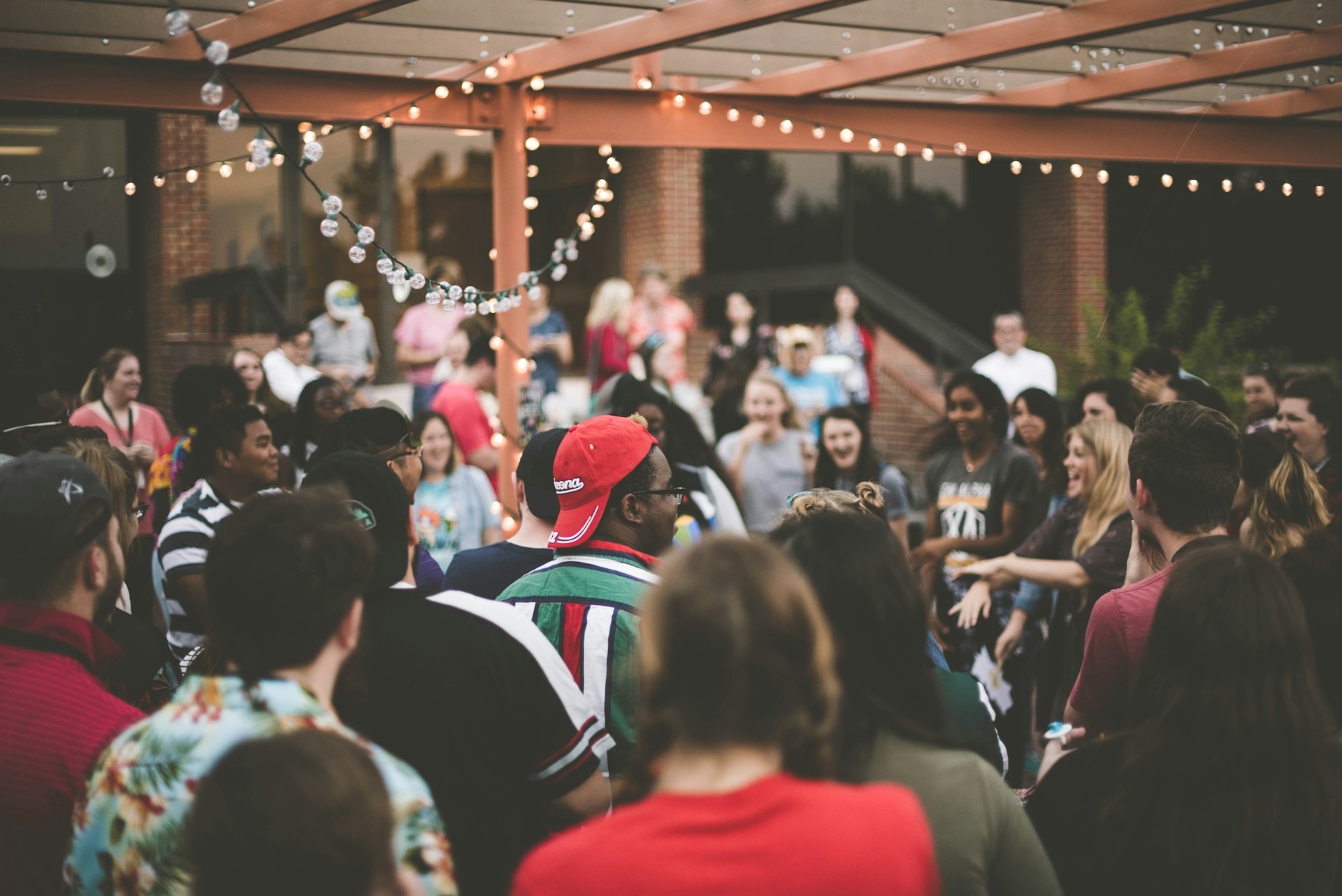 Photo by Samantha Gades on Unsplash
Photo by Samantha Gades on Unsplash
1. Practice Active Listening
Looking to improve your social skills? One way you can do that is to improve how you listen when other people talk! Active listening is quite simple - all you have to do is demonstrate to them that you care and are paying attention. Show your interest by nodding along, keeping consistent eye contact, and asking follow up questions when they're done.
2. Join Social Groups
It's going to be tough at first, but if you want to grow, you're going to have to step outside of your comfort zone! Look for fun clubs, classes, or groups that are interesting to you and join them. It gives you an opportunity to be in an environment that you like as you work on the social aspect with other members of the group.
 Photo by Cristi Tohatan on Unsplash
Photo by Cristi Tohatan on Unsplash
3. Use Positive Self-Talk
Negativity only brings you down so no more! Replace all those bad, negative talks with positives ones to boost your mood and perspective. Celebrate all your little wins and accomplishments, and encourage yourself to keep motivated.
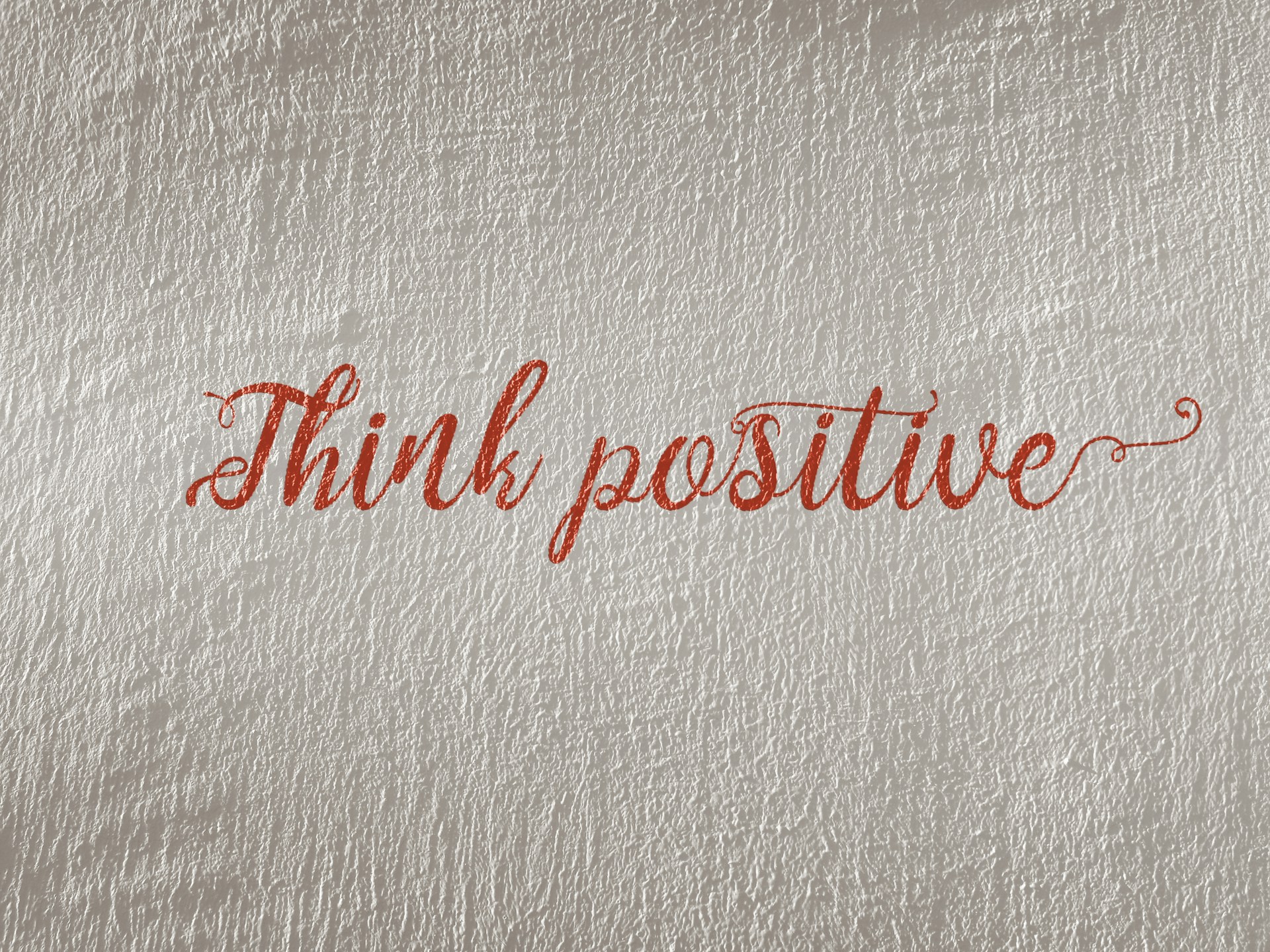 Photo by Viktor Forgacs™️ on Unsplash
Photo by Viktor Forgacs™️ on Unsplash
4. Observe Social Norms
Before you step into the social environment yourself, why not do a little recon? Look around and take notes. Pay attention to how other people act in social situations - you'll surprised by how much you'll learn just by watching.
 Photo by Kaleidico on Unsplash
Photo by Kaleidico on Unsplash
5. Develop Small Talk Skills
It's always a good idea to start out with the little things. After all, it's better to take little baby steps than large leaps! Practice your small talk skills before moving on to other things. Master the topics of weather, recent events, and other topics of conversation that can help make you feel more comfortable starting up a conversation with others.
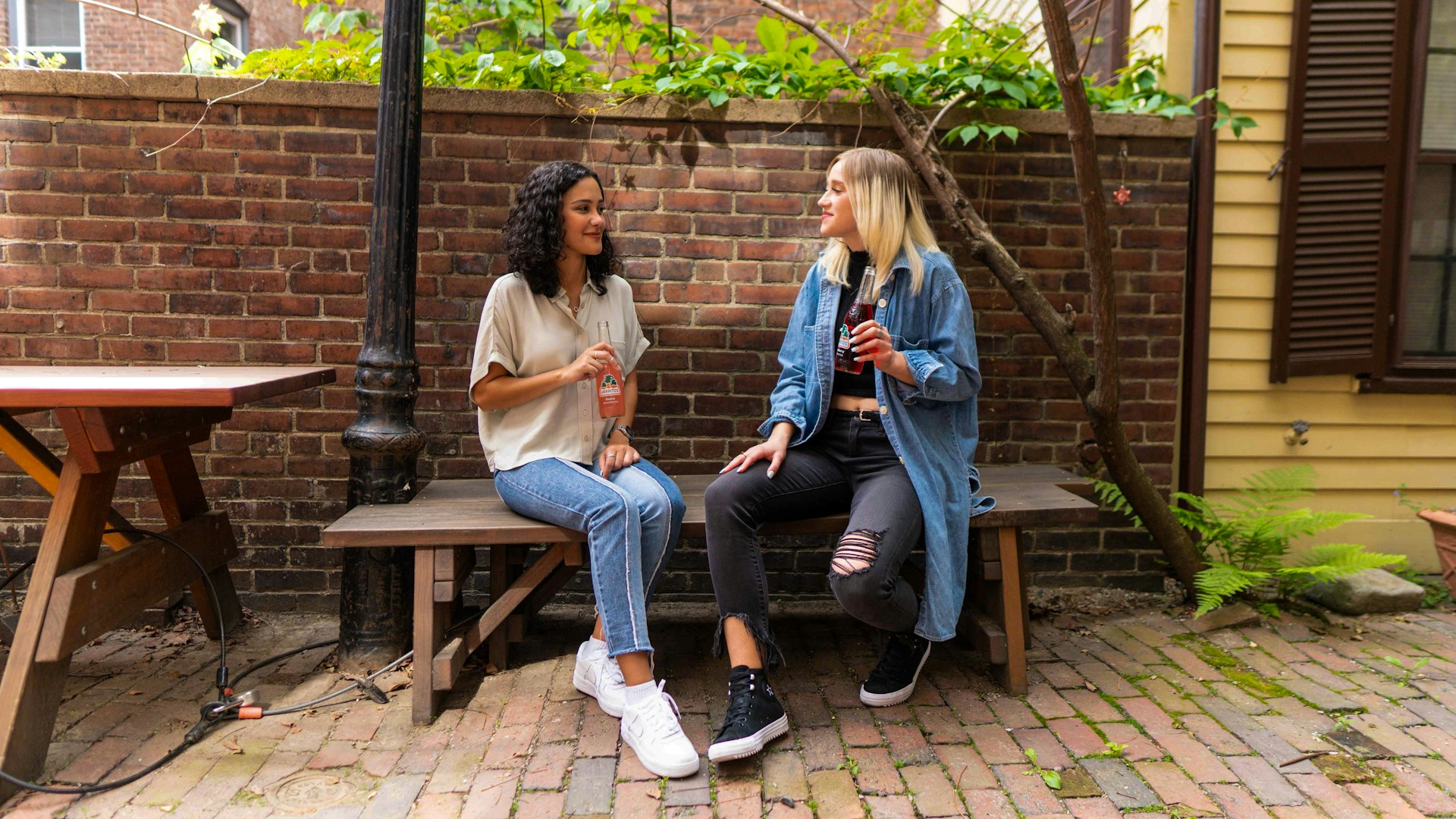 Photo by Jarritos Mexican Soda on Unsplash
Photo by Jarritos Mexican Soda on Unsplash
6. Take Social Risks
Always try to challenge yourself if you want to watch yourself grow and evolve. Try engaging in new and different social experiences that might be uncomfortable at first, but will become more easygoing as you work through them. Not only will you find your awkwardness disappearing, you might even enjoy yourself.
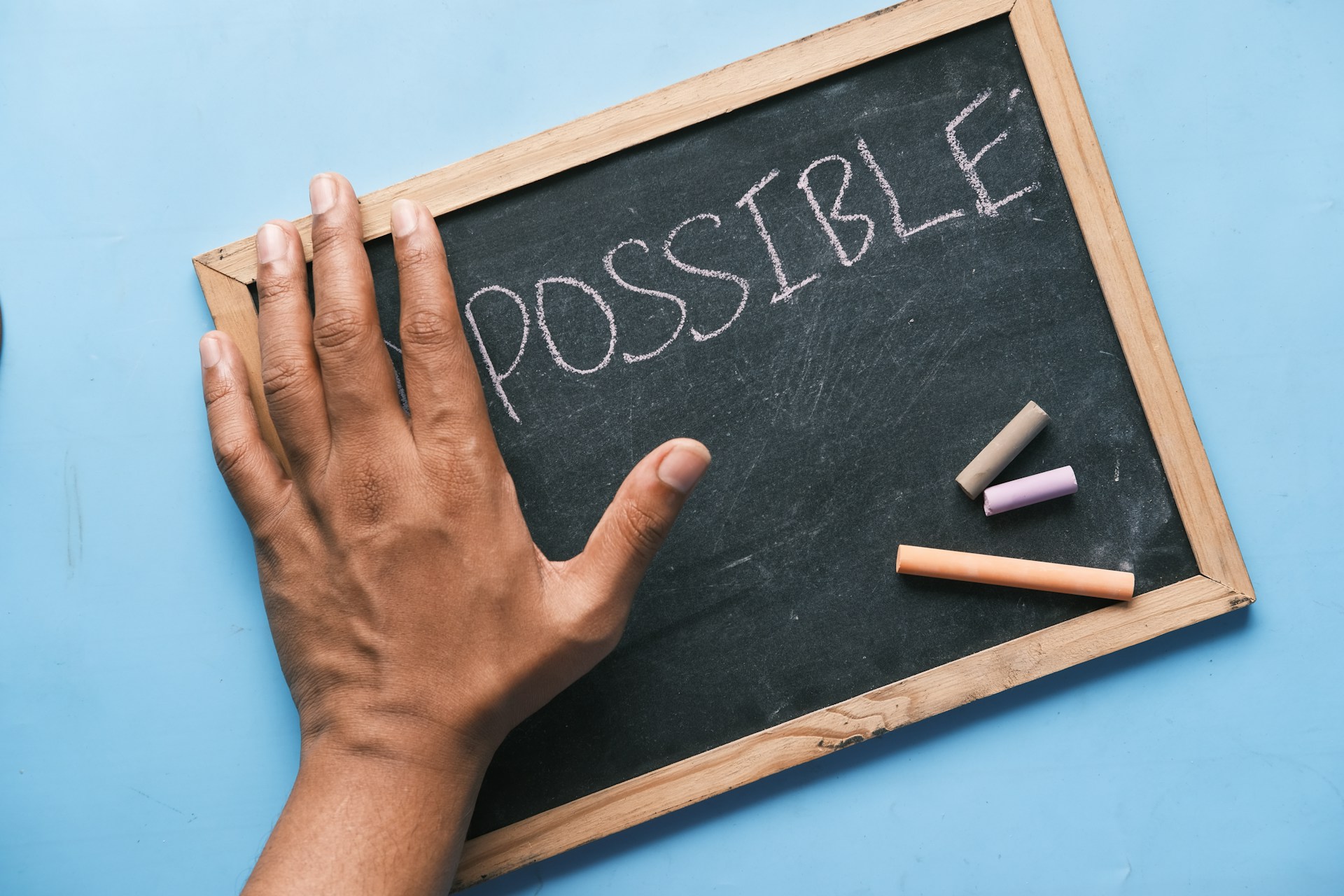 Photo by Towfiqu barbhuiya on Unsplash
Photo by Towfiqu barbhuiya on Unsplash
7. Work on Nonverbal Communication
As we've already mentioned, non-verbal communication can be just as important as what you say! Everything from your body language, facial expressions, and hand gestures mean something. While you converse with others, improving these cues can be a big step forward in how others perceive your social ability.
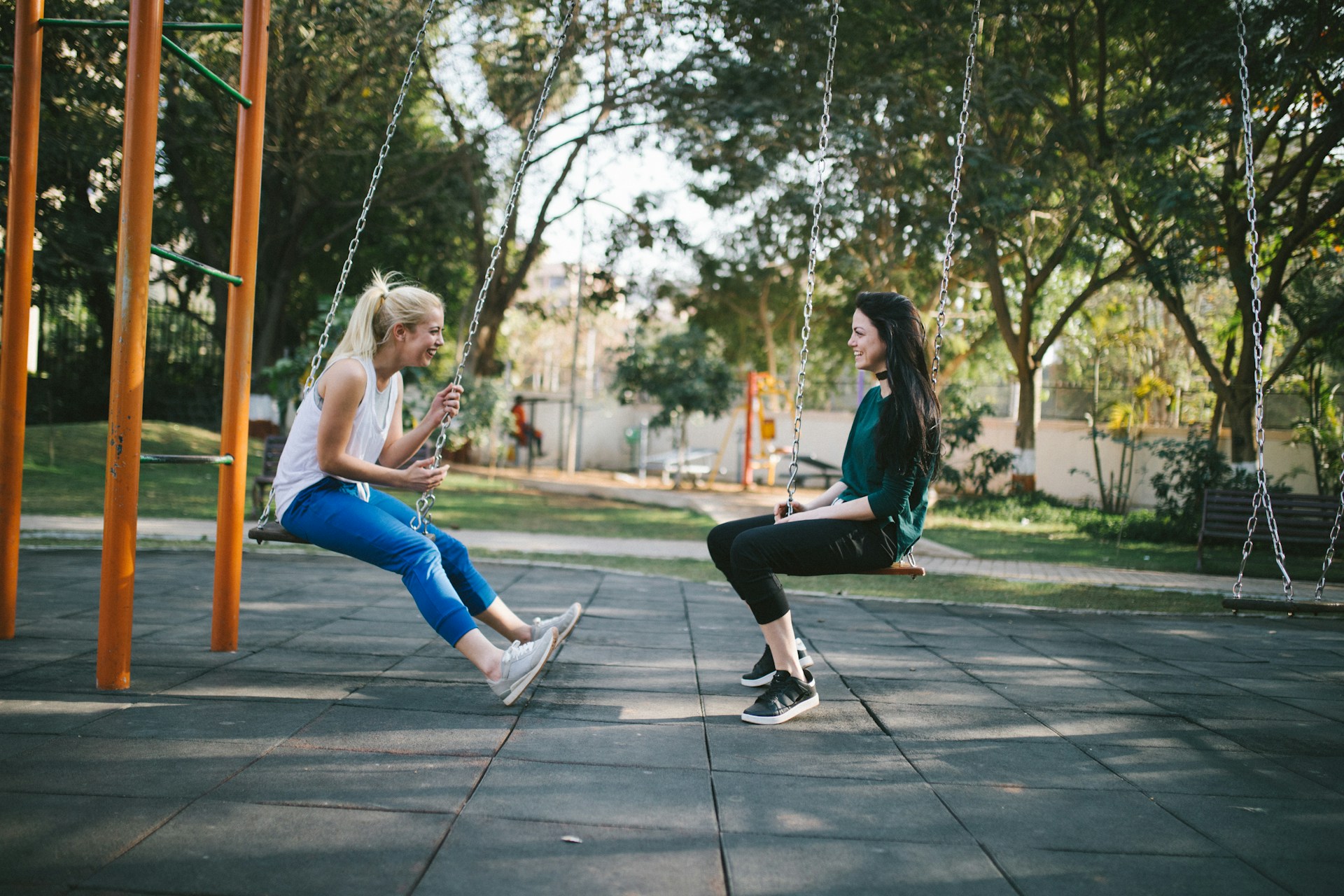 Photo by Bewakoof.com Official on Unsplash
Photo by Bewakoof.com Official on Unsplash
8. Get Feedback
It never hurts to ask for help! Look towards the people you're closest with to help guide you as you look to improve your social skills. Ask them to provide you with constructive feedback that can help you learn what areas you need to work on the most.
 Photo by Afif Ramdhasuma on Unsplash
Photo by Afif Ramdhasuma on Unsplash
9. Practice Mindfulness
Does being in social environments stress you out? Learn to calm your nerves and anxiety by practicing mindful exercises that help keep your mind clear and calm. Keeping these helpful techniques up your sleeve can also come in handy when you're in an awkward situation that's stressing you out.
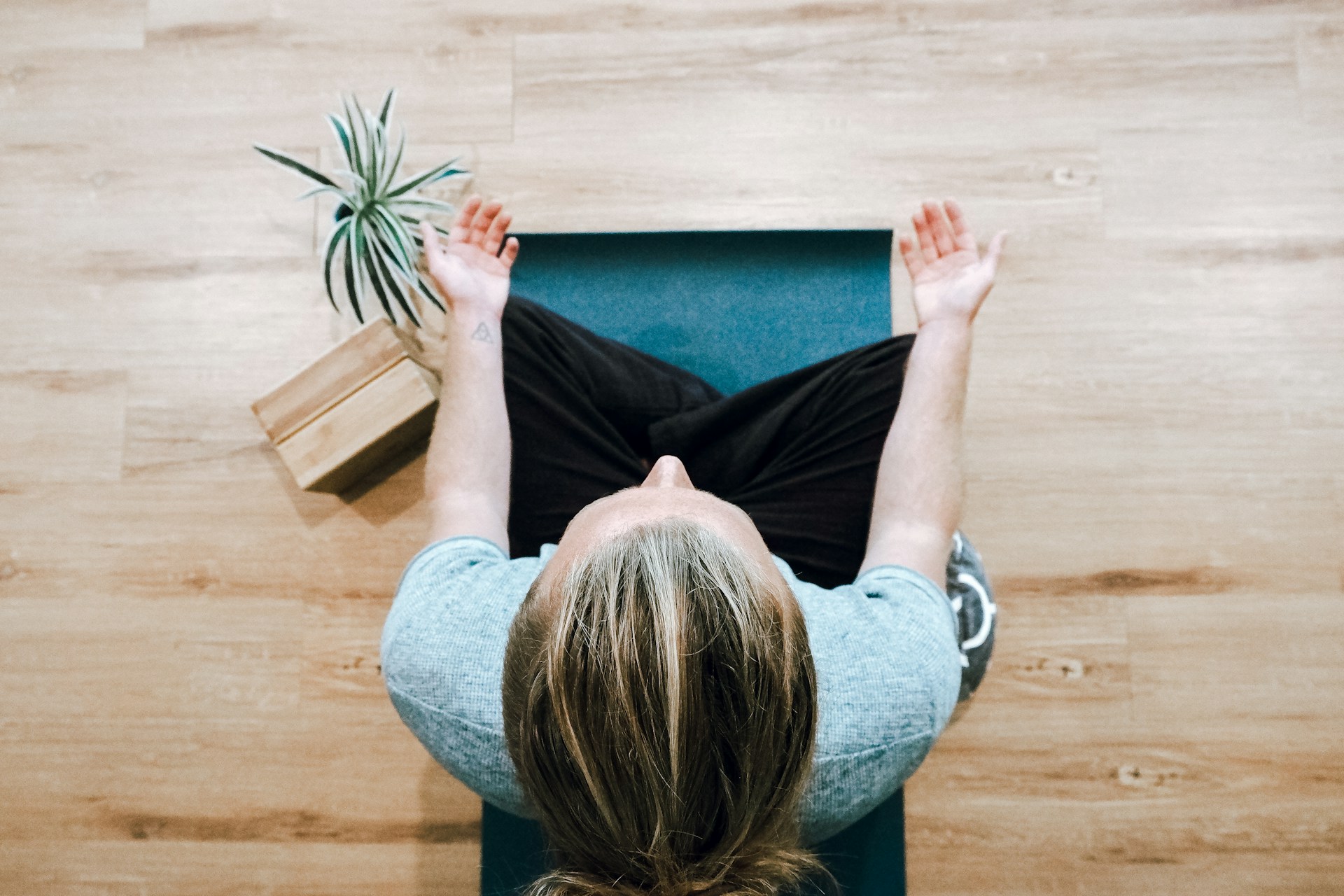 Photo by Katerina May on Unsplash
Photo by Katerina May on Unsplash
10. Set Realistic Goals
As with any time you're looking to improve yourself, it's always helpful to set some realistic goals to work toward. Having these goals set out for you can help you feel like you're actually progressing and heading toward the right path. It also gives you a chance to celebrate the little wins, helping you feel refreshed and motivated to keep going.







